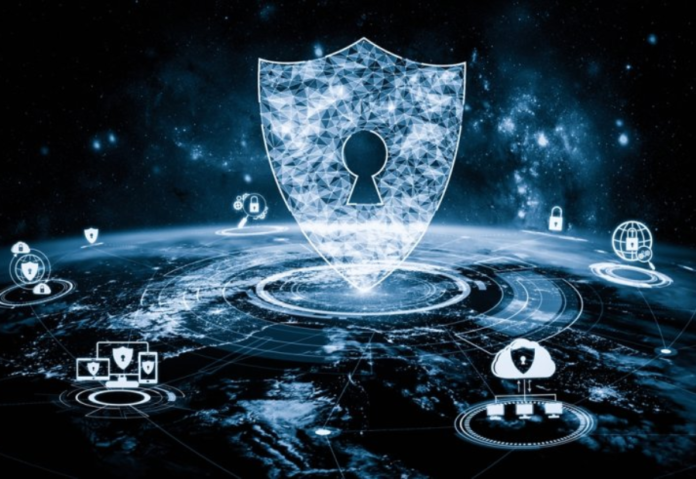According to the presidential office on Sunday, South Korea would launch offensive cybersecurity defense operations to defend itself against misinformation and protect important national infrastructure against hacker attempts.
Following the announcement of the cybersecurity strategy in February, the National Security Council (NSC) unveiled the National Cybersecurity Basic Plan, which was collaboratively developed with 14 government agencies, including the spy agency, police, and the Ministries of Foreign Affairs, National Defense, and Science and ICT.
NSC Adviser Shin Won-Sik stated at a briefing, “We will secure deterrence against cyber activities and threat actors that undermine national security and interests through proactive and active defense measures.” “We will establish a foundation for responding to disinformation that divides public opinion and causes social unrest in cyberspace,” he stated.
During the briefing at the Yongsan presidential office in downtown Seoul, the NSC adviser stated that the plan might aid in improving cyberspace defense against so-called “hostile forces” by utilizing cutting-edge technology like deepfakes.
The most recent plan has 100 action items designed to build upon the National Cybersecurity Strategy, which was unveiled at the start of February. Not every action task has been released to the public.
The NSO claims that the strategy will improve the cyber resilience of the country’s essential infrastructure, which includes social infrastructure, large information and communication facilities, and significant public information and communication systems. Adopting laws that work with digital platform settings and artificial intelligence is also required.
As it lays the foundation for its domestic cybersecurity capabilities, it will also aim for worldwide competitiveness and create an ecosystem for the information security industry based on industry-academia research partnerships.
According to Shin, in order to reach the goal, South Korea would collaborate and coordinate cybersecurity responses with nations “sharing liberal democratic values” and join global efforts to establish rules that will create a safe and peaceful cyber domain.
In order to create a “multi-layered security” system, the plan includes steps to improve the security of the major communication systems and critical infrastructure. These steps include the use of artificial intelligence and the division of public and national networks from the internet and other less sensitive networks.
Concerns about North Korea’s purported use of cryptocurrency theft to finance its nuclear and launch projects, as well as allegations that the country has hacked local defense companies to steal military technology crucial to large-scale weaponry, have prompted South Korea to improve its cybersecurity.
Also read: DORA (Digital Operational Resilience Act) Batch 2 Changes and Expectations from BFSI sector
Do Follow: CIO News LinkedIn Account | CIO News Facebook | CIO News Youtube | CIO News Twitter
About us:
CIO News is the premier platform dedicated to delivering the latest news, updates, and insights from the CIO industry. As a trusted source in the technology and IT sector, we provide a comprehensive resource for executives and professionals seeking to stay informed and ahead of the curve. With a focus on cutting-edge developments and trends, CIO News serves as your go-to destination for staying abreast of the rapidly evolving landscape of technology and IT. Founded in June 2020, CIO News has rapidly evolved with ambitious growth plans to expand globally, targeting markets in the Middle East & Africa, ASEAN, USA, and the UK.
CIO News is a proprietary of Mercadeo Multiventures Pvt Ltd.






